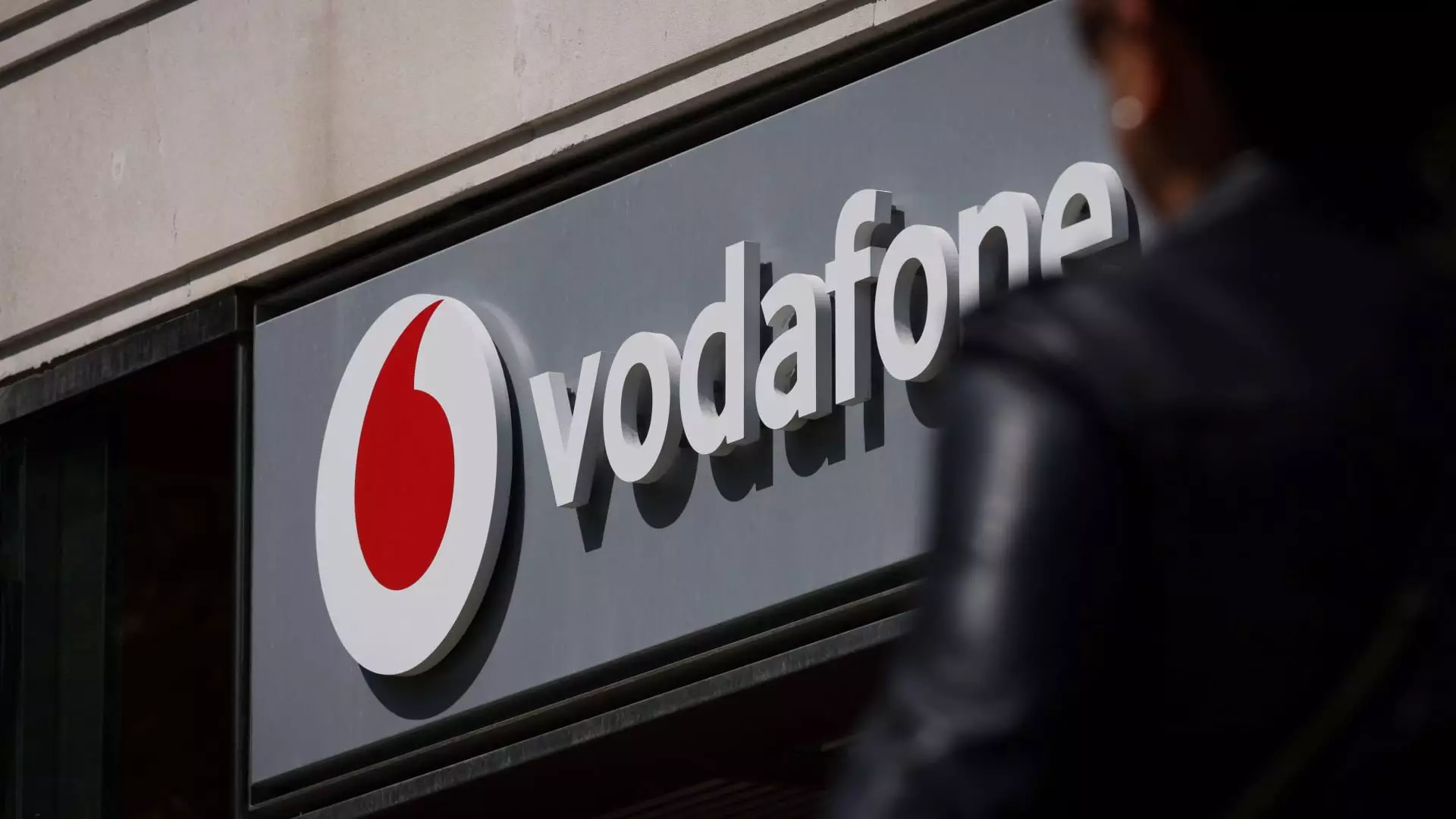The merger of two telecommunications giants, Vodafone and Three, has been approved by the UK’s Competition and Markets Authority (CMA), signaling a decisive shift in the landscape of mobile communications in Britain. With a financial underpinning of £15 billion ($19 billion), this consolidation not only redefines market dynamics but also raises pertinent questions about the implications of reduced competition. The CMA’s conditional endorsement outlines significant commitments from the merged entity, aiming to safeguard consumer interests while promoting extensive investments in the telecommunications infrastructure.
In light of rigorous scrutiny, the CMA has established several conditions that Vodafone and Three must adhere to in order to secure the merger. Most notably, the combined company is mandated to invest billions into the rollout of a 5G network over the next eight years. This is a crucial requirement, considering the urgency of improving network capabilities across the UK, especially in a digital age where connectivity is paramount. Furthermore, the CMA requires the new entity to implement caps on certain mobile tariffs and commit to transparent contractual terms for mobile virtual network operators (MVNOs). These measures aim to prevent potential price hikes that could arise from diminished competition, as the merger effectively reduces the number of major telecommunications providers from four to three.
Market Implications and Competitive Dynamics
A merger of such magnitude inherently alters consumer options, market strategies, and competitive dynamics. Proponents of the deal, including Vodafone’s CEO Margherita Della Valle, herald it as a means to create a stronger telecommunications player capable of delivering a superior network infrastructure that meets the demands of modern consumers. The new entity is projected to serve approximately 29 million customers, thereby establishing a significant foothold in the UK market.
However, industry analysts like Kester Mann from CCS Insight caution that while the merger seems beneficial in the short term, the reduction in competition could pose long-term challenges. A primary concern is whether consumers could see price increases as the competitive pressure diminishes. With less choice in the market, the new entity could potentially leverage its market position to establish higher tariff rates in the future. Therefore, while the CMA’s conditions are intended to mitigate these risks, the effectiveness of such measures remains to be seen in practice.
Despite the inherent risks, the merger presents significant opportunities for investment in the UK telecommunications landscape. Vodafone has publicly committed to investing £11 billion in the infrastructure, which could lead to enhanced connectivity and technology adoption nationwide. This is particularly timely as the UK government’s agenda is increasingly focused on digital transformation and advanced connectivity, which are essential for economic growth in the post-pandemic era.
Nevertheless, the timeline for realizing the benefits of this merger is lengthy. Analyst Paolo Pescatore emphasizes that while the decision to approve the merger is monumental, it is merely the first step in a complex implementation process. The true advantages of enhanced infrastructure and improved services will take time to materialize, hinting at a prolonged phase of adjustment within the telecommunications sector.
The Vodafone-Three merger represents a pivotal moment in the UK telecommunications arena. With a promise of improved infrastructure and significant financial commitments, it is poised to reshape the competitive landscape. However, the accompanying risks of diminished competition and potential price inflation highlight the importance of vigilant regulatory oversight. As the CMA and Ofcom monitor the implementation of the merger’s conditions, stakeholders from consumers to industry experts will be closely watching how this new entity navigates the complexities of the telecommunications landscape and adheres to its commitments. Ultimately, only time will reveal whether this strategic consolidation can meet the ambitious goals set forth and deliver the anticipated benefits to consumers across the UK.

